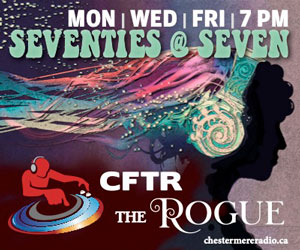November 13th was World Kindness Day. Organizations and individuals spent this week exploring the influence kindness has on our lives, our faith, our relationships, and our neighbourhoods.
Kindness is of growing interest. This year the UCLA was given a $20 million dollar grant to help fund the new Bedari Kindness Institute. Their mandate is to research and resource initiatives that help build more humane societies. Using a multidisciplinary approach, this institute believes that there is evidence pointing to the very real impact that kindness can have on our health, happiness, and overall wellbeing.
They are asking some big questions about kindness. Why, for example, in times of poverty, genocide or war do people risk their lives for each other, while neighbours in times of peace may not? Or, what is the mechanism that leads some people to be kind and others not? Or, what is the effect of kindness on depression? Kindness, they believe, has a powerful effect on how people cooperate with each other, and how well they succeed.
The word, kindness, has a connection to the concept of kin. Kin are those who we might call family, our neighbours, those close to us who we care for not because they give us anything, but because they are simply near. To be kind is to offer to another what we might offer to our kin; unconditional high regard and an attentive presence with the aim for another’s wellbeing.
Canadian singer and songwriter Steve Bell says, “Kindness… hardly a quaint sentiment… is fundamental to the fabric of authentic, good life. Neither utopian nor naïve, sustainable kindness flows from a deeply internalized knowledge of the kinship of all things – what the saints have always known; that a lived regard for the other, cherishing (even enemies) is the sanest way forward. Indeed, it is a fundamental intuition of my own Christian faith that understands God to be a familial communion; a unity marked by self-donation, mutual othering and ecstatic overflow, which issues forth as creation: you and I, field and stream, songbird and leviathan, soil and sky. It’s all-good. It’s kin(d).”
Where does kindness come from? Is it too lofty a goal for the hard day-to-day stuff of life? Fred Rogers, the host of Mr. Rogers’ Neighbourhood once said that, “Development comes from within. Nature does not hurry but advances slowly.” Kindess is like that. It grows over time if we nurture it. Without practicing kindness in small ways, we are unlikely to find that it has grown in significant ways in our lives.
Kindness is a fruit that grows in our lives. We cannot force kindness, pretend that we have it to give, or demand it from others. Rather we tend to the soil of our hearts and live always with the growing vision that kindness may one day emerge naturally, easily, and tenderly as a fruit of our patient care.







